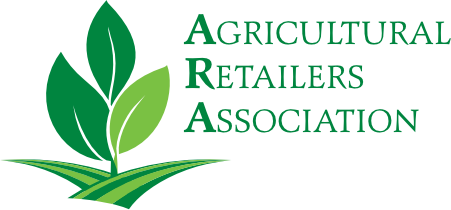ARA Celebrates Earth Day
Apr 20 2022
As the trusted advisor to crop producers, agricultural retailers provide essential services in precision agriculture, data analysis, variable rate application, agronomic product and rate recommendations, field scouting, input supply chain management and other areas to support sustainable agricultural production.
Ag retailers are key players in evaluating and deploying new agronomic technology in the field. Always working with their farmer customers, retailers ensure the best methods are deployed to protect the environment to be sure the land is cared for and healthy for generations to come.
How ARA & members build more sustainable food systems
Through ongoing efforts of ARA and its member companies, ag retailers make ongoing contributions to nature-positive sustainability at scale in our country's food production systems.
Sustainability Programming for Ag Retailers and CCAs (SPARC)
ARA offers sustainability training resources to help agribusinesses start or refine their sustainability offerings. In cooperation with partners such as the American Society of Agronomy (ASA) International Certified Crop Advisers Program, Environmental Defense Fund (EDF) and Field to Market: The Alliance for Sustainable Agriculture, ARA has made available a trove of free resources to help retailers and farmers with their sustainability programs. The Sustainability Programming for Ag Retailers and CCAs (SPARC) collection includes fact sheets, a video, recorded webinar, training manual and access to seven ASA online training modules covering various aspects of sustainability.
ARA Climate Stewardship / Carbon Credits Working Group
ARA's newest working group with the goal of forming policy priorities for ARA to share with lawmakers and regulators. ARA has meetings on these topics with staff members at the U.S. Senate during Earth Week. Stay tuned for a recap of those meetings and the working group's next steps. To get involved, sign up to join the working group.
4R Nutrient Stewardship
ARA encourages member companies to incorporate 4R Nutrient Stewardship principles into their programs. These principles support sustainability through better fertilizer use efficiency, reduced nutrient leaching, targeted precision application, variable rates, and use of the optimal fertilizer product for a given agronomic situation.
